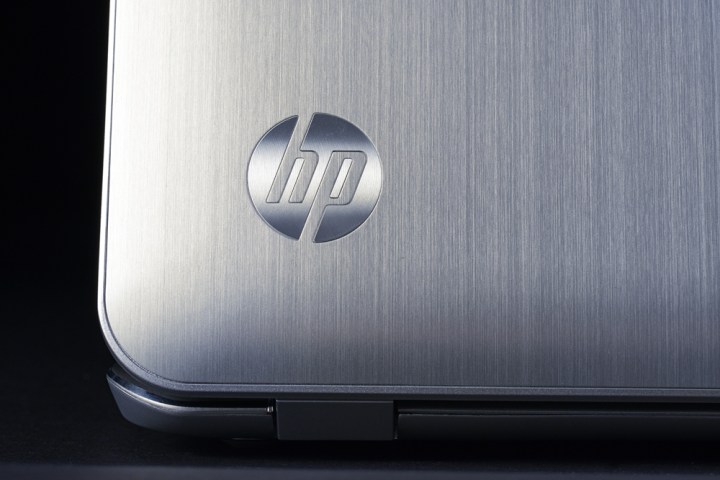
Investors seem to love the decision, but splitting the company in half means that HP-branded computers will be supported only by its profitable but stagnant printer business. Does this mean that you’ll have fewer choices the next time you decide to buy a PC?
Why did the breakup happen?
At first glance, HP’s split seems bizarre. After all, the company rakes in billions in sales, which certainly sounds great. But HP has been experiencing a downward trend: Revenues have been decreasing for several years, and the once titan of tech doesn’t enjoy a leadership position in any important industry.
HP’s computer division has been particularly troublesome. While the company sells gobs of PCs, it doesn’t make much money off them, which is why we listed HP as one of the most likely computer builders to eventually perish.
Both the PC and printer industries are in the middle of continued contraction.
Meg Whitman, the current CEO of Hewlett-Packard, is staying with the enterprise and services division. This shows how much confidence she has in HP Inc. The CEO for the new PC and printer company will be Dion Weisler, who is the Executive Vice President of the Printing and Personal System division.
How will this change what’s on store shelves?
This announcement may leave you wondering if anything will be different once the holiday shopping season rolls around. After all, HP is a huge PC manufacturer. Will there be a clearance sale? New systems? New features?
Actually, none of the above. Despite the announcement of the split, it’s not going into full effect until October 2015. Over the next year, the company will slowly work out how to untangle its various units. Internal arguments will arise over how to split its debts. None of this will change the look, features, or pricing of the computers you see on store shelves.
Enterprise buyers might have reason to worry, however. HP’s EliteBook line will remain with the PC division, and that means it’ll be cut off from the services that will be part of Hewlett-Packard Enterprise. It’s hard to imagine the EliteBook line, which already struggles, remaining competitive on its own. We could see this line lose most of its software features when the split goes through. That’s unless the two divisions agree to cooperate.

While the split won’t have a short-term impact on most of HP’s computers, you can expect to see changes after the divorce is final. Splitting the companies will put HP Inc. in a very tough position. Like Asus and Acer, both of which have struggled as of late, it’ll rely heavily on PC sales for revenue. The printer group can help, but it only makes up 40 percent of the resulting company, and its downward slide is unlikely to change course — unless HP invents the next great 3D printer.
That’s a shame. HP has been an innovator in the past. The company’s TouchSmart all-in-one was a standout among early touchscreen PCs, the Envy line dominated high-end Windows notebooks in 2009 and 2010, and HP’s Ultrabook and two-in-one computers are often among the best systems available. Researching innovative designs requires money, however, and spinning off the PC division will leave it with far less. This could mean a drop in quality and fewer new designs beginning with the 2015 holiday season.
A silver lining
Splitting the company is HP’s way of jettisoning unwanted divisions that have little hope of seeing substantial future growth. By tossing PCs and printers overboard, HP hopes that losing the dead weight will help Hewlett Packard Enterprise become agile (and profitable).
There could be light at the end of the tunnel, though. The new, smaller HP Inc. will be an easier takeover target for other companies that can support it properly.
Who might take it over? That’s hard to say. It could be an established player, such as Microsoft or Dell, but it’s more likely to be a company with an unfamiliar name. No one in North America knew much about Lenovo when it bought IBM’s PC division about a decade ago. HP Inc. could be a prime target for a similar situation.
Waiting for a suitor to come around is an ignoble end for what was once a key player in consumer technology, but it’s indicative of the PC industry’s plight. And considering the importance of computers to our daily lives, that’s a damn shame.
Editors' Recommendations
- Play Fortnite and more: This HP gaming PC is discounted to $550
- HP just knocked $420 off this gaming PC with an RTX 4060
- Cyber Monday Gaming PC Deals: these discounts may not last
- Get this HP gaming PC for only $550 while stock lasts
- Today’s best tech deals: AirPods, HP gaming PC under $600, and more


